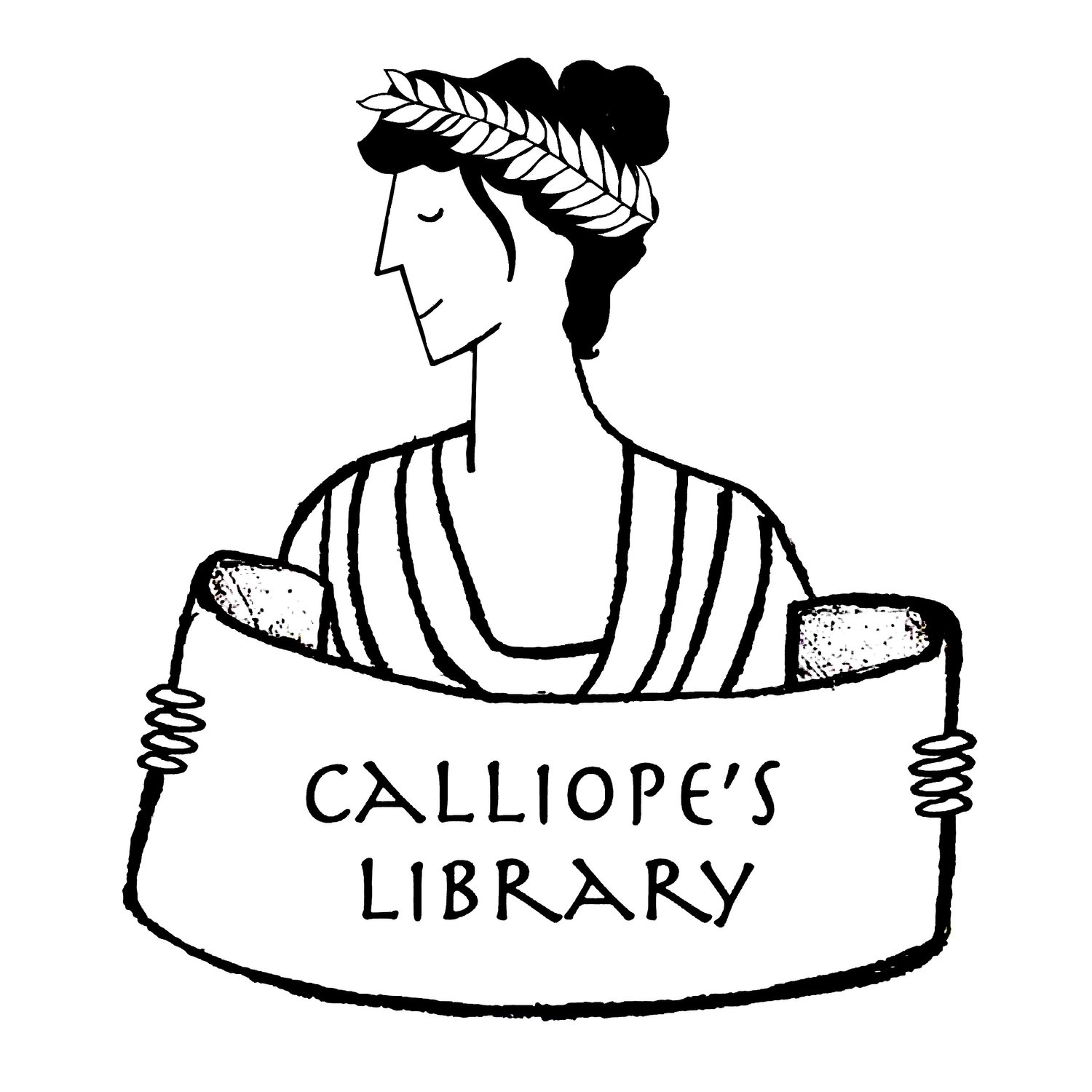Title: The Olympians: Hermes: Tales of the Trickster (vol. 10)
Author and Illustrator: George O'Connor
Date: 2018
Tags: Young adult, Graphic novel, Mythology, Fables, Hermes, Pan, The cattle of Apollo, Typhon, Io and Argus, Ancient worlds, Racially/Ethnically diverse, English
Readers interested in a scholarly approach to children’s literature may consult this title on Our Mythical Childhood Survey*
I don’t know why George O’Connor waited until volume 10 of this series for Hermes. He clearly had a ball writing and drawing every panel. The exploits of baby Hermes are the funniest part of the entire Olympians run.
This volume also has the best frame of all the series. According to ancient myth, when the 100-eyed Argus was set to guard the transformed nymph Io, Hermes rescues her by telling Argus stories until he falls asleep. O’Connor adapts the myth and has a “unnamed traveler” entertaining a hospitable Argus with a cross section of myths and fables featuring the fast-talking trickster god. The tall tales naturally start with Hermes’ theft of Apollo’s cattle when he was only a day old, then move on to touch lightly on the adult Hermes’ many divine responsibilities. A large chunk of the book is devoted to Hermes’ son Pan, and the two share a few delightful father/son escapades. The other substantial story told is the myth of Typhon’s invasion of Olympus, which never gets enough play in mythology adaptations. Typhon’s design is a real challenge, given that he’s supposed to have 100 heads, breath fire, and make the noises of about every animal on earth, and O’Connor is justly proud of his work. In his “G[r]eek notes,” O’Connor describes him as “metal.” The Artemis cameo deserves a shout out, too, where she proves that she knows her stuff.
Hermes: Tales of the Trickster is funnier and more lighthearted than earlier volumes, which is both expected, yet a little surprising. After all, it also tells some of the darkest myths. Still, Hermes’ humor carries the reader through the grim moments. He is the perfect character to remind readers that humor can be a good coping mechanism when the going gets hard. – Krishni Burns
* For further information on the Our Mythical Childhood Survey, please refer to the website of the project “Our Mythical Childhood” [link: http://omc.obta.al.uw.edu.pl/], led by Prof. Katarzyna Marciniak at the Faculty of “Artes Liberales,” University of Warsaw, Poland, with the participation of Bar Ilan University, University of New England, University of Roehampton, University of Yaoundé 1, and other affiliated scholars, within the funding from the European Research Council (ERC) under the European Union’s Horizon 2020 Research and Innovation Programme (grant agreement No 681202).














